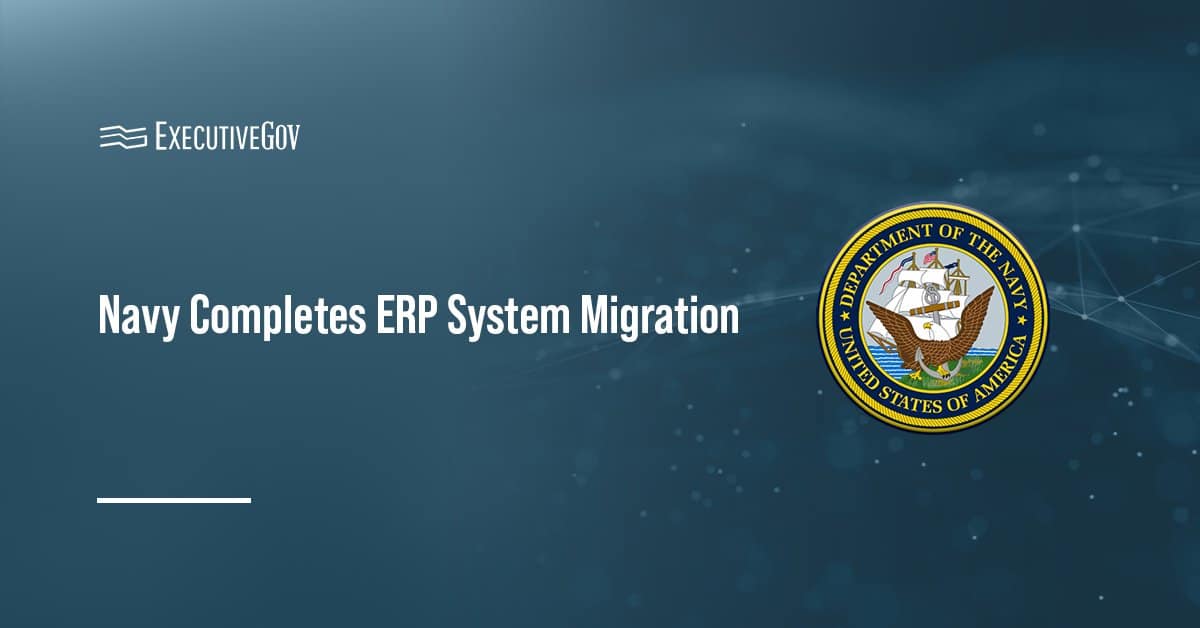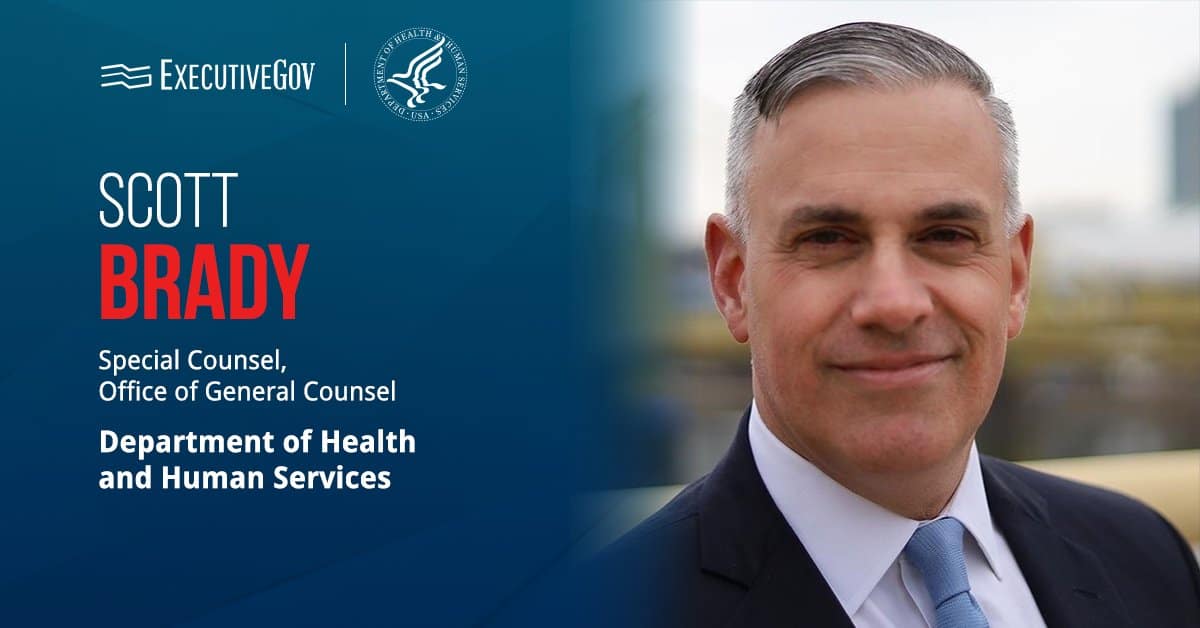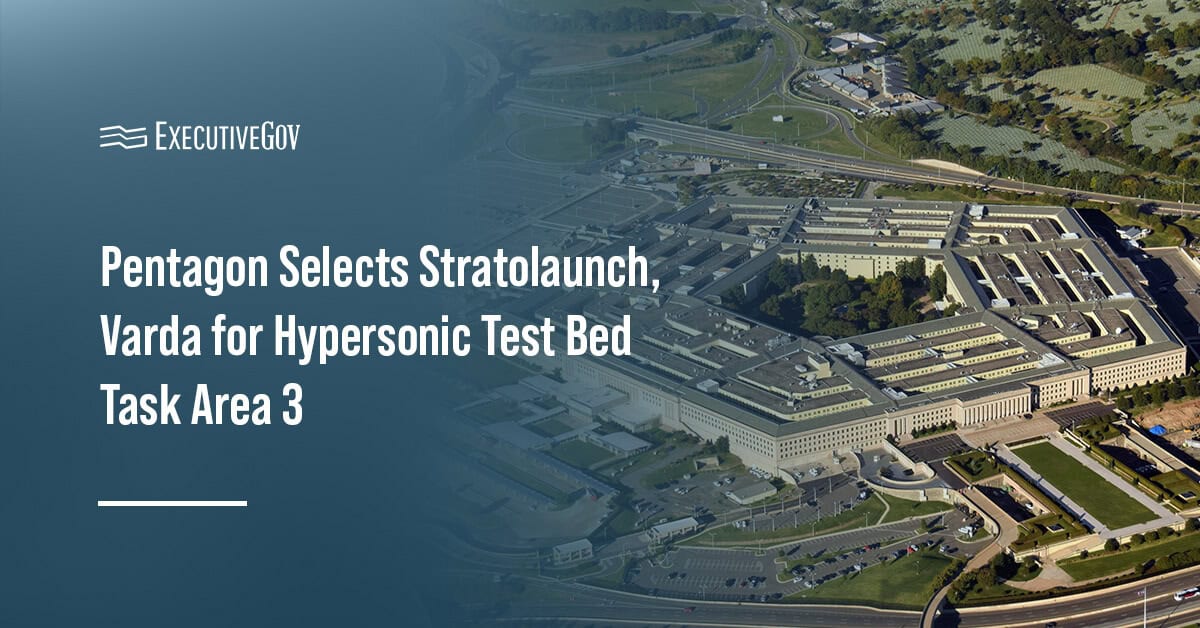The Transiting Exoplanet Survey Satellite (TESS), a NASA spacecraft designed to identify new planets, has scanned 75 percent of visible space and detected 66 new planets outside the solar system.
This milestone marks the completion of TESS' primary mission and allows the satellite to make additional surveys on the south region under an extended mission, the space agency said Tuesday.
The satellite can now also capture a full image at a speed triple that of the primary mission's, allowing for faster brightness measurements and more detailed images of star-based flares. TESS has also detected 2,100 unconfirmed planet candidates, exploding stars and a comet outburst.
Goddard Space Flight Center manages TESS with operations conducted by the Massachusetts Institute of Technology (MIT) and additional support from Northrop Grumman and other partners.





